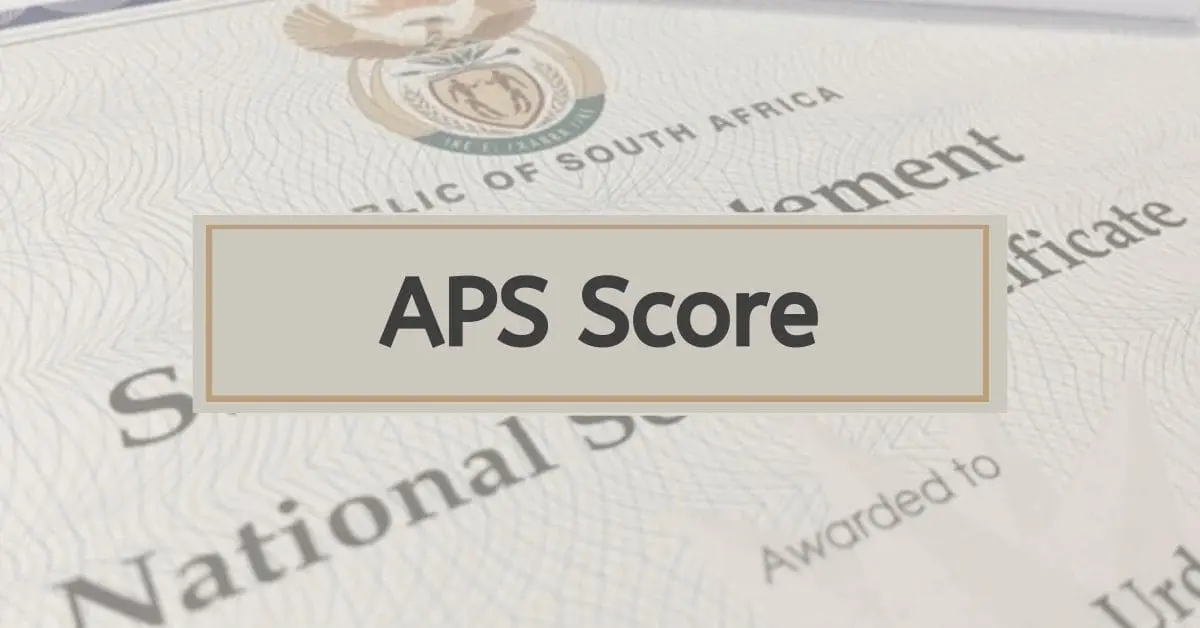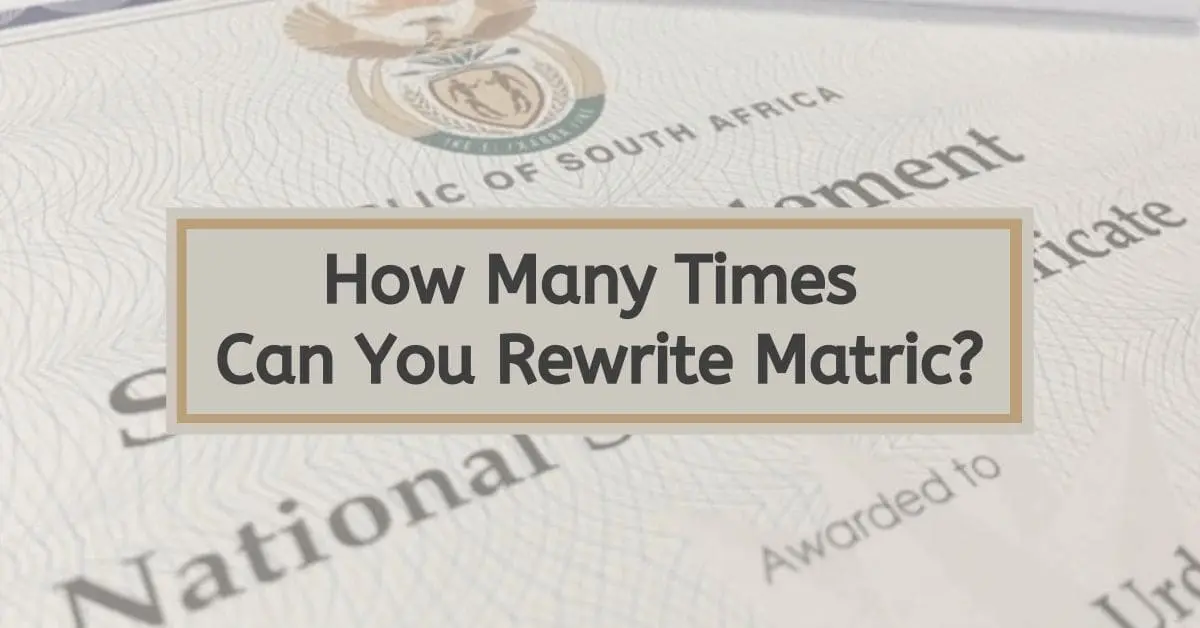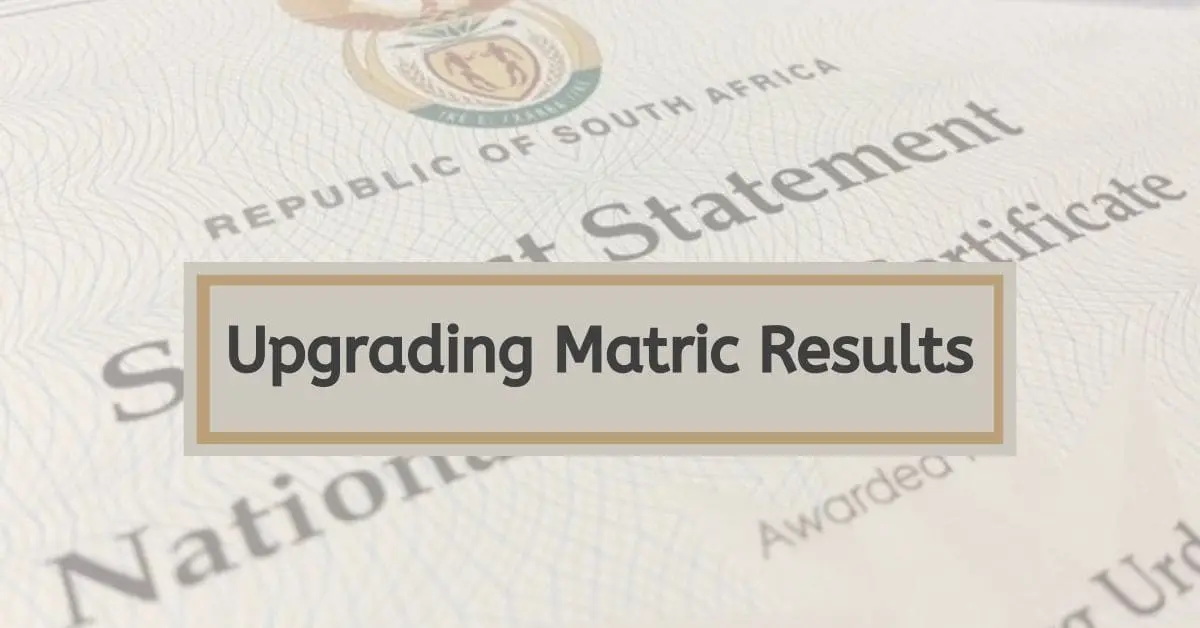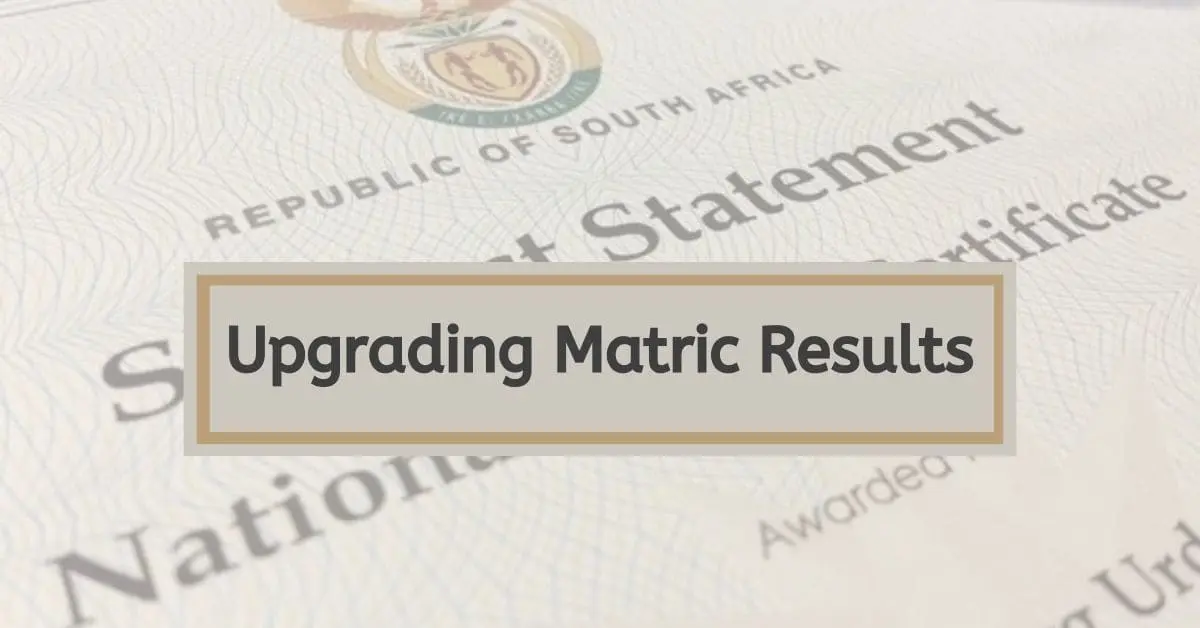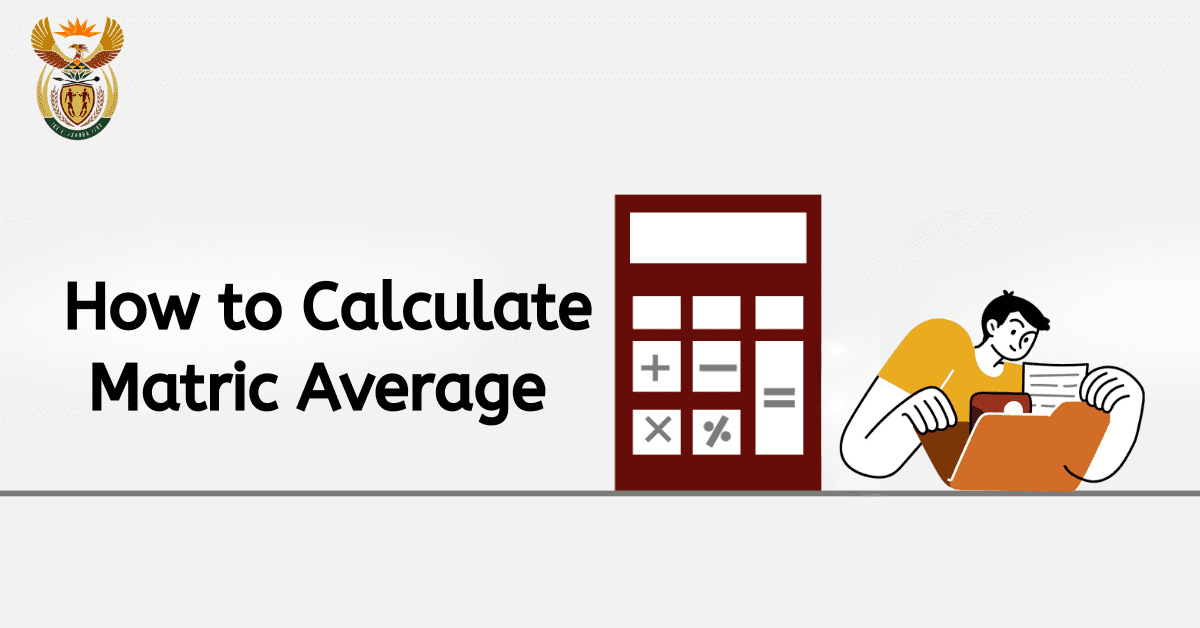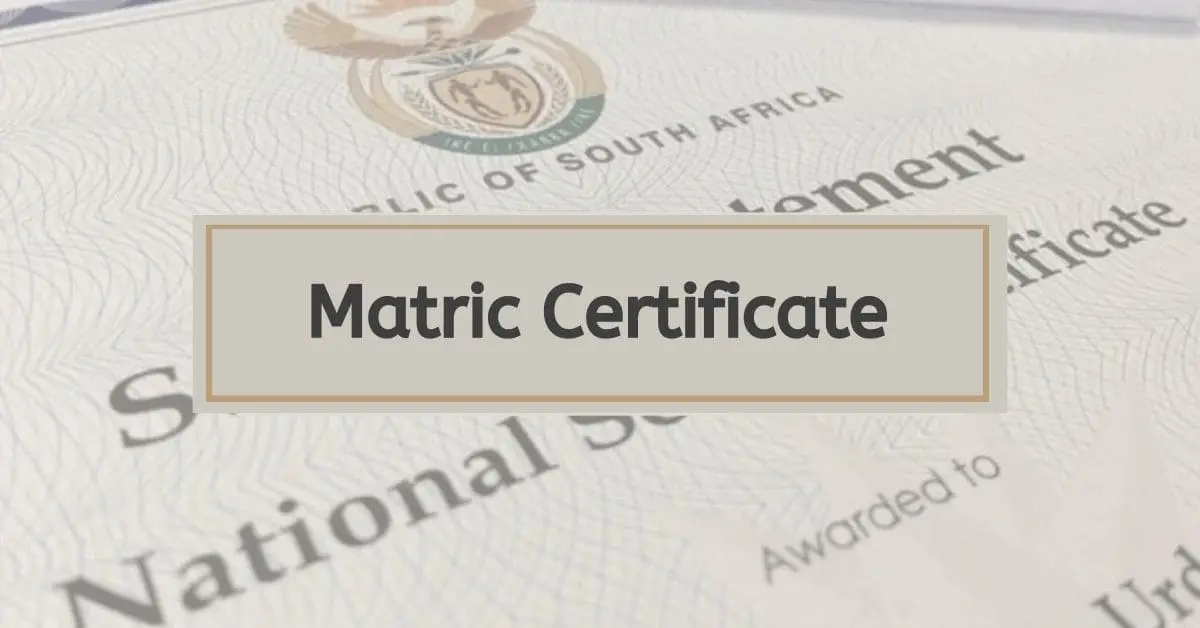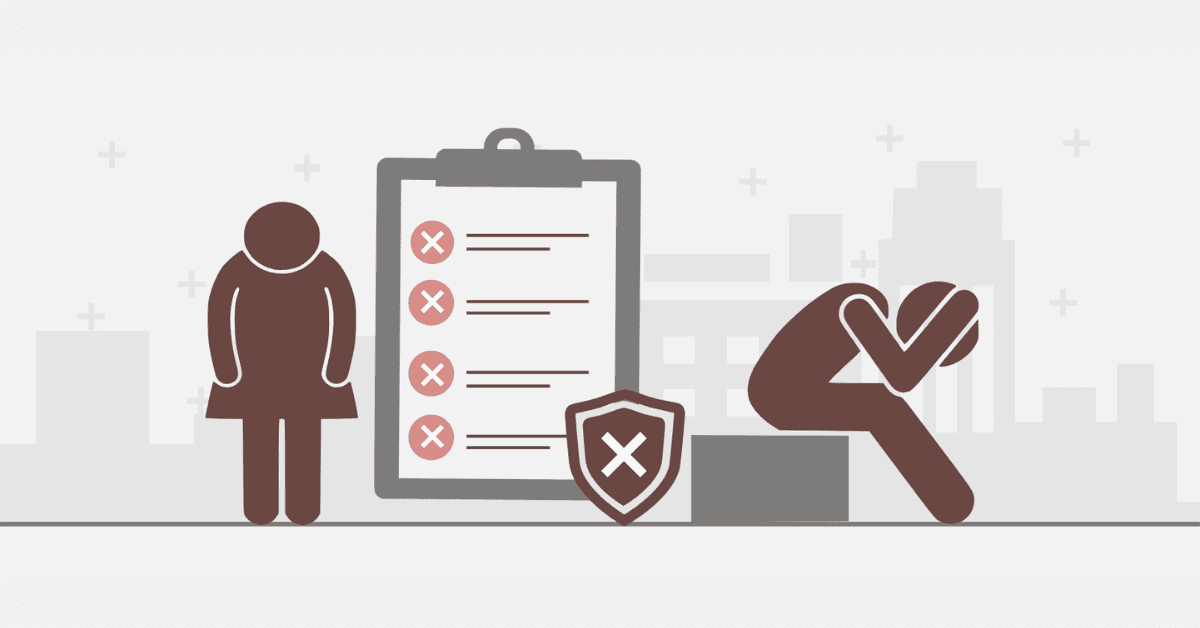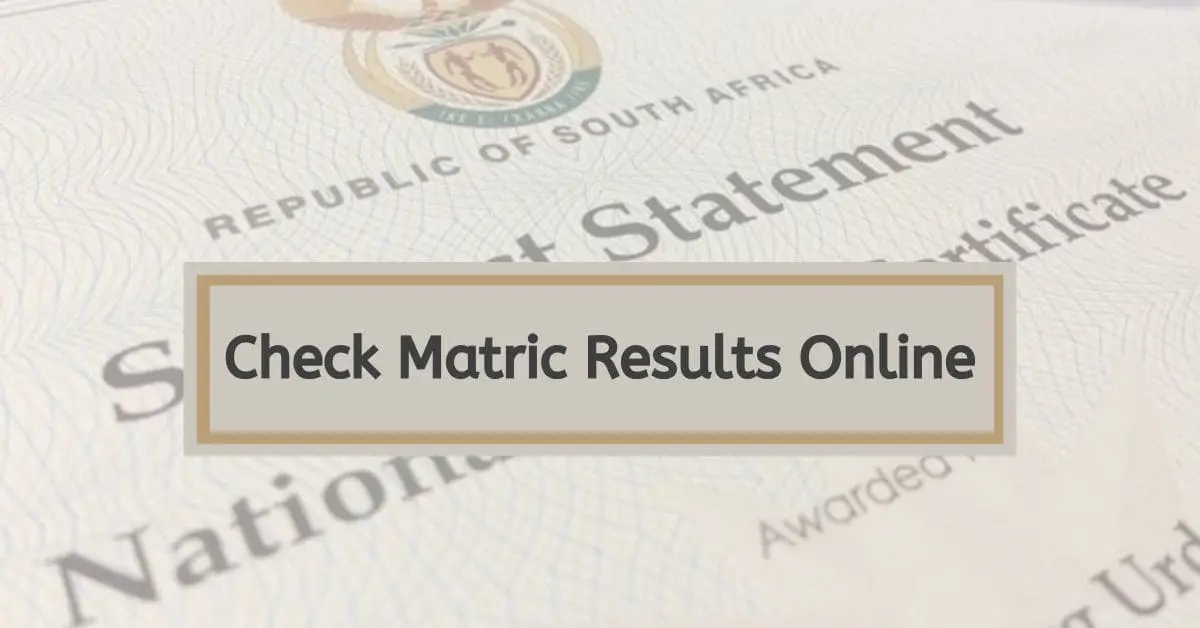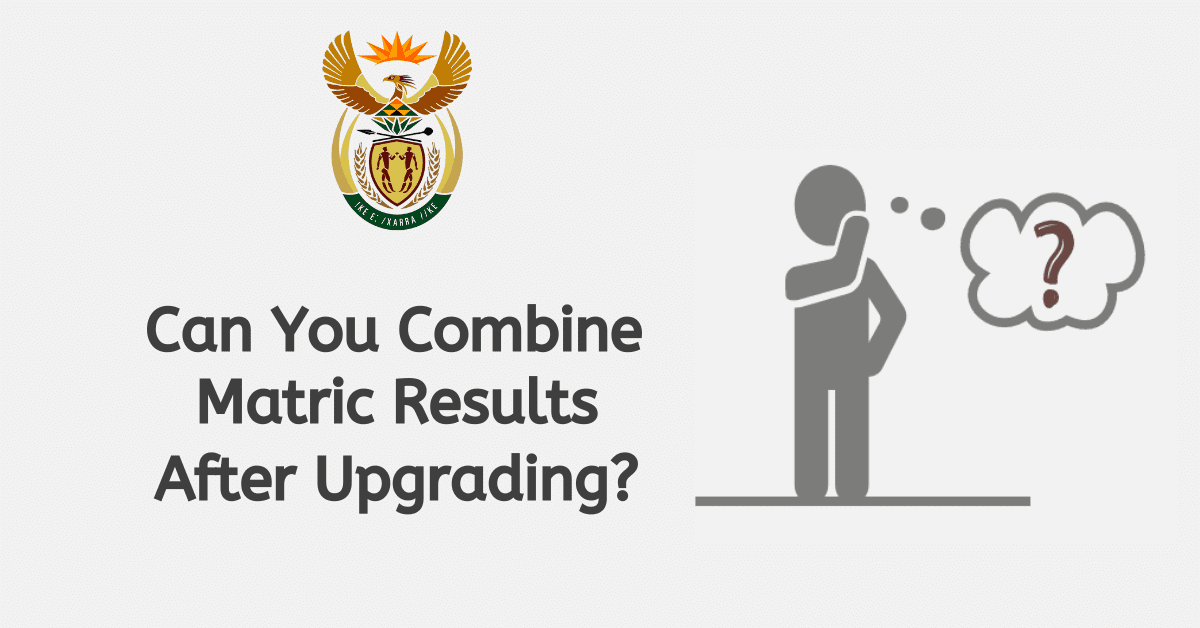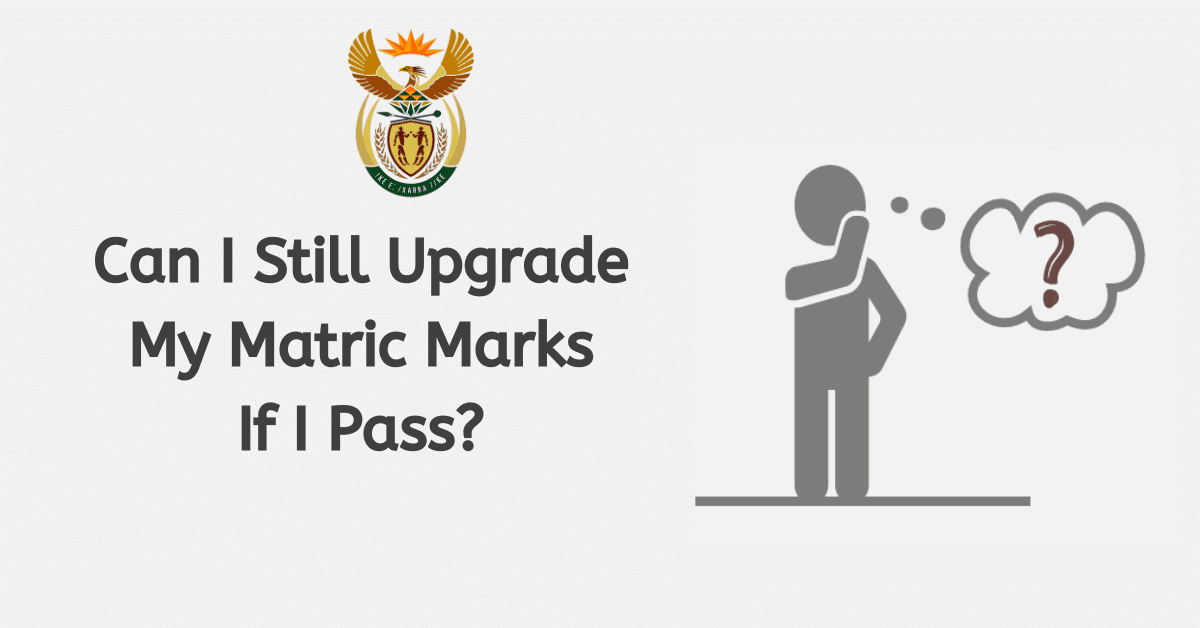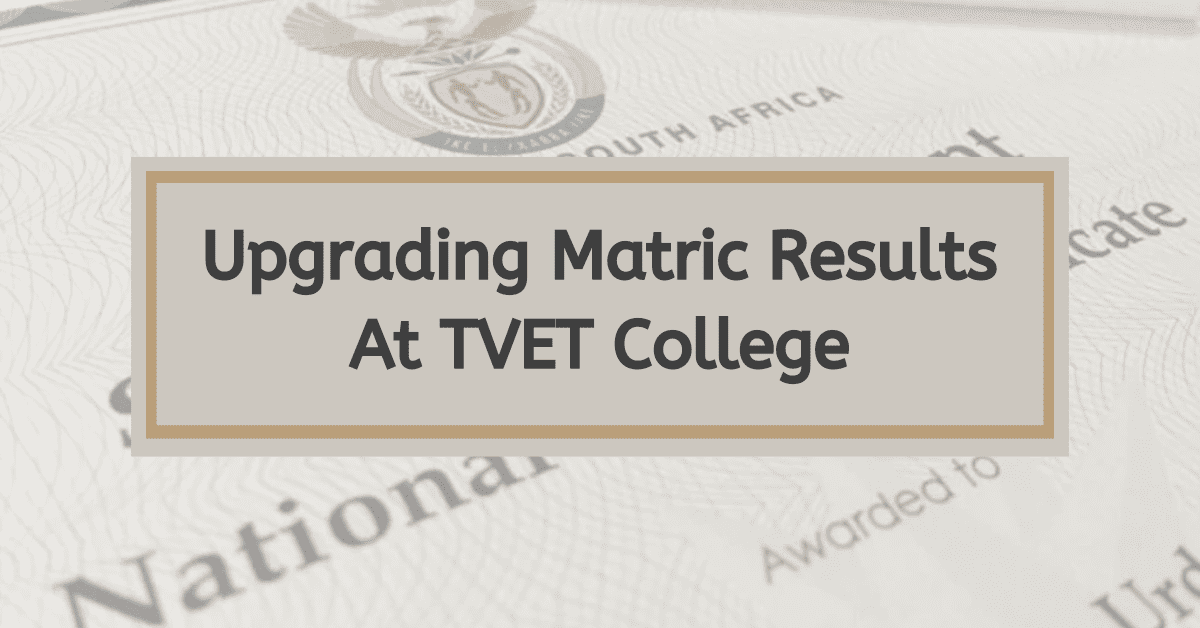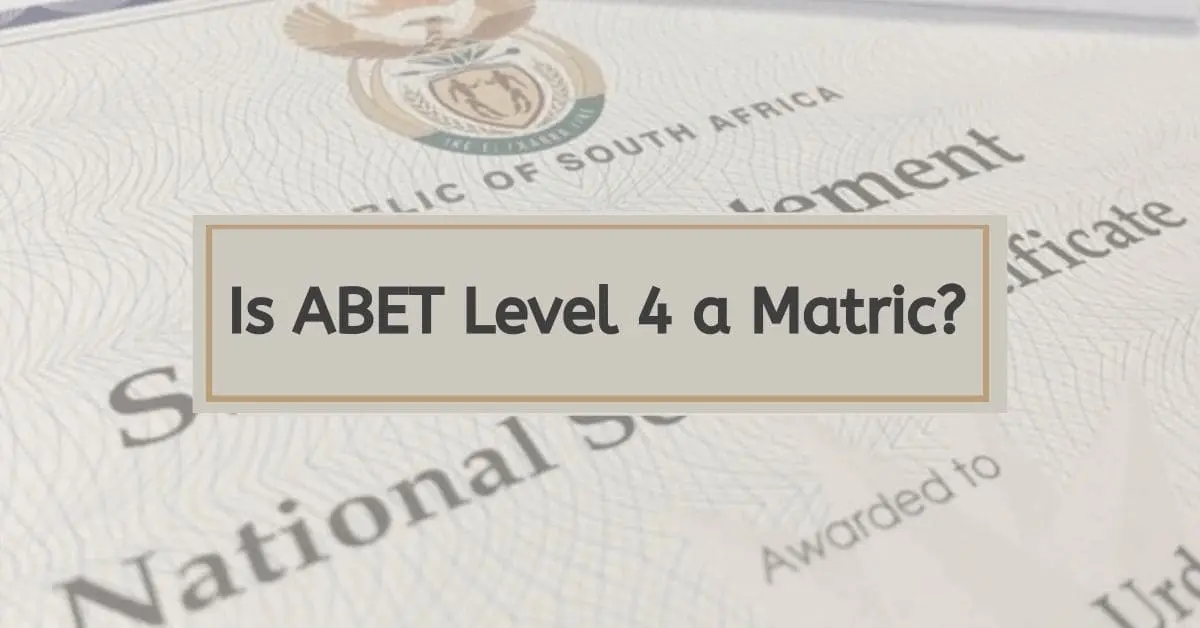For many school leavers, just passing matric is a milestone in itself. And it should be celebrated! However, simply having an NSC does not mean you can apply to all types of tertiary education or perform all job roles. The higher the tertiary education facility you are targeting, the better you will need to perform academically to apply there.
Along with your letter marks (A-G) and subject percentages (0%-100%), you will also be assigned something called your APS, or admission point score. This will determine the type of matric pass you receive, as well as the tertiary education facilities you can attend. Today we are looking at the APS in more detail.
How to Calculate Matric APS Score Points
Your matric APS score is calculated as follows. You receive a grade symbol and percentage for each subject. These correlate with a fixed amount of APS points. To achieve your total APS score, you add the individual scores from each of the 6 non-Life Orientation subjects together. The score achieved will affect what type of matric pass you receive. Here’s the point allocations:
- 7 points (80 – 100%)
- 6 points (70 – 79%)
- 5 points (60 – 69%)
- 4 points (50 – 59%)
- 3 points (40 – 49%)
- 2 points (30 – 39%)
- 1 point (0 – 29%)
Although the basic matric pass is an APS of 14, remember that the APS score alone does not determine your pass. There are specific subjects (such as home language) you must pass, and specific scores in each you must achieve to pass your matric and achieve the different types of pass.
How Much Should My APS Score Be?
How much your APS score should be depends on the type of matric pass you hope to achieve, and your goals for tertiary education. Each matric pass type has a minimum APS score you need to receive.
- NSC pass – 14
- Higher Certificate pass – 15
- Diploma pass – 19
- University/Bachelor’s Degree pass – 23
So you cannot pass matric at all with less than 14 APS points. To progress into the higher matric passes, you need to meet at least the APS as outlined above. Remember that APS alone is not the full picture- you also need to pass some compulsory subjects to pass matric.
How Many Subjects Do You Need To Pass Matric?
The minimum pass level for matric requires you to pass 6 subjects- you can only fail one. However, it’s not quite that simple. There are compulsory subjects you have to pass, and you have to pass them at specific mark levels as well.
For the basic NSC pass, you must achieve 40% in your home language and two other subjects. You then will also need at least 30% in three o ther subjects. The requirements and specific subject combinations get higher as your pass type increases. For the diploma and university passes, some of these must be high-credit subjects.
What Are High-Credit Subjects?
High-credit subjects are those that universities will be looking for when you apply to their programs. They represent tougher subjects requiring in-depth study and some academic prowess to pass. If you are hoping to go to university after matric, you will need to include high-credit subjects to get your university pass.
Luckily, there is a lot of variety. You should also plan ahead and choose subjects relevant to the tertiary education courses you want to complete. Passes in arts and music, for example, may not be enough to get you into a science-focused program.
High credit subjects include most of the arts (music, visual, and dramatic), religious studies, engineering and the sciences, history and geography, economics, business/consumer studies, IT, the sciences, and math at both math literacy and mathematics levels, in addition to languages.
While both math lit and math are high credit subjects, science-based degrees will favor candidates with the harder mathematics subject, so choose between these carefully.
What Is The Highest APS Score?
The highest possible APS score is 42. This is because the highest APS per subject, assigned to those who receive 80% or higher, is 7. Although you will take a minimum of 7 subjects, remember that Life Orientation, while compulsory, does not count towards your APS score.
If you took an extra subject for your matric, only the 6 best subjects will count towards your APS score, so you still cannot pass 42 APS points as the highest score.
Which Subjects Count For APS?
Although you will take a total of 7 subjects for matric (in most cases), your APS is calculated across the 6 matric subjects you take which are not Life Orientation. Most universities will not count it at all, so don’t rely on that to bring your APS score up. If you choose more than 7 subjects, your best 6 subjects will be used to calculate the APS. Further subjects will not boost it.
What Can I Study With A National Senior Certificate Pass?
A national senior certificate pass is the most basic type of matric pass. While passing your matric is always something to celebrate, it does mean that you will not be eligible to apply to many tertiary education programs, especially universities and diploma programs. You may still be able to gain entrance to some certificate programs, however. You will also be able to study anything that requires just a matric pass (without the other levels). You will also be able to work for any position which requires a standard matric pass.
If you need to upgrade your matric, or if you failed entirely, remember that there are ‘adult matrics’, matric rewrites, and matric upgrades you can consider to boost your initial matric score and open further educational doors.
